Changes to CGT Main Residence Exemption
A capital gain or capital loss on an asset is the difference between what it cost you and what you receive when you dispose of it. Capital Gain Tax (CGT) is the tax on the capital gain you make when you sell a capital asset, for example real estate, which usually will significantly increase the tax you need to pay.
One of the major exemptions from CGT is for main residence. If you are an Australian resident, you can generally claim the main residence exemption from CGT for your home property.
“Main Residence”
Generally, a dwelling is considered to be your main residence if:
You and your family live in it.
Your personal belongings are in it.
It is the address your mail is delivered to.
Itt is your address on the electoral roll, and
Services such as phone, gas, and power are connected.
This is a very generous concession and can extend to a period where the taxpayer is no longer living in the property provided you do not have another property as their main residence. Even though your previous main residence property becomes a rental property, there is a special six-year rule, which may enable you to continue to be exempt from CGT, if sold within six years after being rented out.
Before 12 December 2019, both residents (for tax purpose) and foreign residents (for tax purpose) were able to qualify for a full or partial exemption from CGT when they sell a property that they establish it as their main residence, namely satisfy the above requirements.
Foreign Residents with Main Residence in Australia
However, in the near future, if you are a foreign resident when a CGT event (for example, selling residential property in Australia) happens to your residential property in Australia, you may no longer be entitled to the main residence exemption.
In October 2019, the bill to exclude foreign residents from CGT main residence exemption was re-introduced, and on 12 December 2019, the Morrison Liberal Government passed the Treasury Laws Amendment (Reducing Pressure on Housing Affordability Measures) Bill 2019 to amend the Income Tax Assessment Act 1997 to give effect to this idea from 1 July 2020.
This change expressly reflects the strong stance by the government to curb concessions provided to foreign residents in respect of housing in Australia. The government’s main intention is to ensure that only Australian residents for tax purposes can access the exemption, and to improve housing affordability by implementing stronger rules for foreign resident owning Australian housing.
Under the new law, if you are a foreign resident at the time when you sell your main residence property in Australia, you are not entitled to the CGT main residence exemption, unless exceptions apply. This means that if you have been considered as a foreign resident, unless you can re-establish your tax residency in Australia, you will not be qualified to be exempted from the CGT, which is much harder than just coming back to Australia and establishing a property as your main residence.
For example, before December 2019, you left Australia for a short period with the intention of returning, you were able to be exempted from CGT if you came back to Australia and re-lived in the property, as long as you didn’t have any other properties as your main residency. However, after the new law, instead of establishing your main residency, you need to re-establish your Australian Tax Residency, which is a much harder test. The test considers factors such as the purpose of your presence in Australia, your family and business ties, whether you open bank accounts, and your social and living arrangements. Usually, it also required you to be present in Australia for at least half the income year.
Transitional Period
The new law also extends the transitional period for the dwellings owned before 9 May 2017. Simply, if your property acquired prior to 9 May 2017, and can be sold on or before 30 June 2020 (the date of signing contract)[1], the foreign resident owners still can continue to be eligible for CGT exemption. However, for properties acquired between 9 May 2017 and 30 June 2020, the CGT main residence exemption no longer applies for foreign resident, unless it satisfies the “life events” test.
“Life Events”
After 30 June 2020, only one exception available to a foreign resident who may be able to access the CGT main residence exemption is if they satisfy the “life event test”.
Firstly, the individual must have been a foreign resident for a period of six years or less. A person who, at the time of the CGT event, has been a foreign resident for a continuous period of more than six years is excluded foreign resident and is not eligible for the exemption even if certain life events occur.
Then if the following circumstances has occurred, the “life event test” may be satisfied.
Terminal medical condition
Death
Divorce or separation
Terminal Medical Condition
If, during all or part of the period of a person’s foreign residency, either they, their spouse or their child who was under 18 years of age had a ‘terminal medical condition’, then they will satisfy this element of the test. This requires, amongst other things, that two medical practitioners, jointly or separately, have certified that the illness, or injury, the affected person suffers from is likely to result in their death within 24 months of the certification.
Death
If, during a person’s period of foreign residency, the person, their spouse, or any one of their children who is under 18 years of age at the time of their death dies, then the person will satisfy this element of the test.
Divorce or separation
If the CGT event occurs because of the distribution of assets between the person and their spouse in a family law context, such as in the event of divorce or separation or similar maintenance agreements, the person will satisfy this element of the test.
Conclusion
The Australian property owners selling their main residence when they are a foreign resident without a “life event” after 1 July 2020, will be substantially impacted by these law changes. This simply means these property owners will not be entitled to CGT main residence exemption and shall be subject to tax on the full amount of capital gains made from the disposal of the property. It will be added to their assessable income and highly likely significantly increase the tax they need to pay. Therefore, if you intend to sell your former main residency sometime during the period you live overseas, you may need to plan it in advance and bring forward the sale before 1 July 2020 or wait until you return to Australia and establish your tax residency. If not, still, please bear in mind that only consider to sell your previous main residence after you have returned to Australia or if one of the three life-events occur within 6 years of living overseas.
Q & A Session
Question: If I have never lived in the property before, and it was always rented? Any impact of new law on me?
Answer: No change. Main residency exemption does not apply neither under previous law nor new law.
Question: If I previously lived in the property when I was tax resident and I have been living overseas for more than 6 years. Any impact of new law on me?
Answer: No change. Main residency exemption does not apply neither under previous law nor new law.
Question: If I previously lived in the property when I was tax resident. I have been living overseas for less than 6 years and the property was rented out when I am overseas. I intend to sell the property before I re-live in Australia permanently?
Answer:
1) Previous law: being eligible to main residency exemption.
2) New law:
a. Signing the contract prior to 30th June 2020
· For property acquired before 9th May 2017: being eligible to main residency exemption
· For property acquired after 9th May 2017: the capital gain is fully taxable unless “life event” occurs
b. Signing the contract after 30th June 2020
· The capital gain is fully taxable unless “life event” occurs during this six years of living overseas.
Question: If I have permanently returned Australia and want to sell the property which had been vacated or rented out whilst I living overseas.
Answer: No change. As long as you can re-established your tax residency and you have no other properties as your main residency, you am eligible to the exemption.
[1] Note: it is where you sell the main resident under a contract, where you do not dispose of the main residence under a contract, the disposal time is the time of settlement.
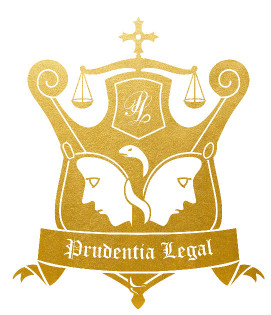
Please note: The content of our publication is intended for general information purposes only, and should not be construed as legal advice on any matter. Please contact our firm for discussion of your particular circumstances.

相关内容
-
 详情
详情Avoiding Fraud – Importance of Legal Advice Illustrated by Two Cases
Avoiding Fraud– Importance of Legal Advice Illustrated by Two CasesPrudentia Legal: Edmund Leung2021-09-10Believing in the wrong person may lead to significant consequences, as once again demonstrated in recent cases in our firm. Sometimes mistakes may even compound on each other to rea
-
 详情
详情Temporary changes States have made to signing, witnessing or attending to documents
-
 详情
详情Employees or Contractors – A Discussion on New Developments for App Transport and Delivery Platforms
The gig economy has become everyday occurrence in the past decade. It has also developed in a way exceeding what may be originally envisioned. From the consumer’s perspective, the ease of on-call services for transport and food delivery alike has led to an explosion in demand, with many newcomers t
-
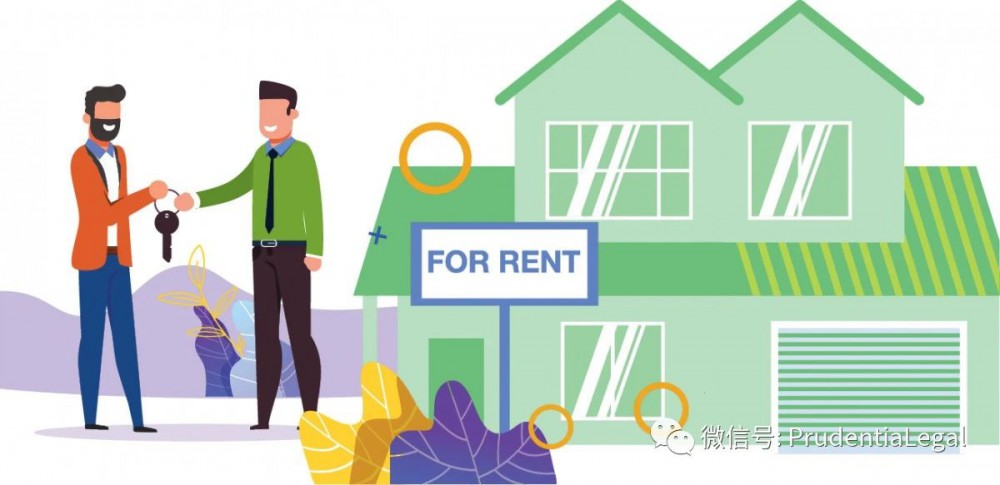 详情
详情Summary of changes to the new VIC Residential Tenancy laws
The start date of the Residential Tenancies Amendment Act 2018 (the “ACT”) which outlines the framework of Residential Tenancy laws has been delayed due to coronavirus (COVID-19), with the amendments to be introduced by 29 March 2021, rather than the original 1 July 2020. The Residential Tenancies
-
 详情
详情Acting as Witness in Legal Proceedings
While direct involvement in criminal matters or civil litigation might not be that common for a person of the general public, it might well be possible that you have witnessed a crime or an event, and may be required to give evidence in court as a witness. What does being a witness entail? Speaking
-
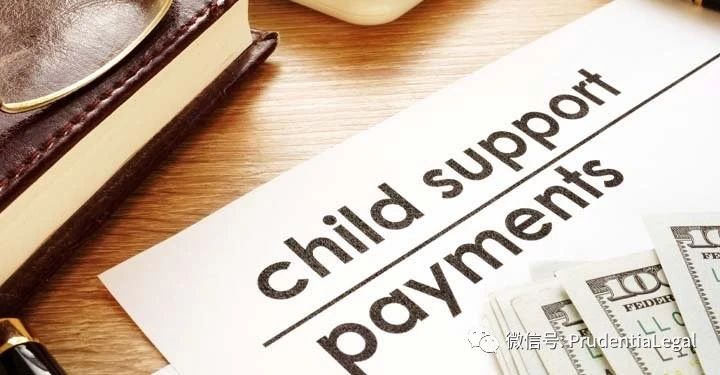 详情
详情Child Maintenance Trust
Division 6AA section 102 AG of the Income Tax Assessment Act 1997 (Cth) provides that a Child Maintenance or Child Support Trust (“CMT”) can be established following a relationship breakdown. Simply speaking, A CMT is a discretionary trust specifically set up to provide support for a child (or chi
-
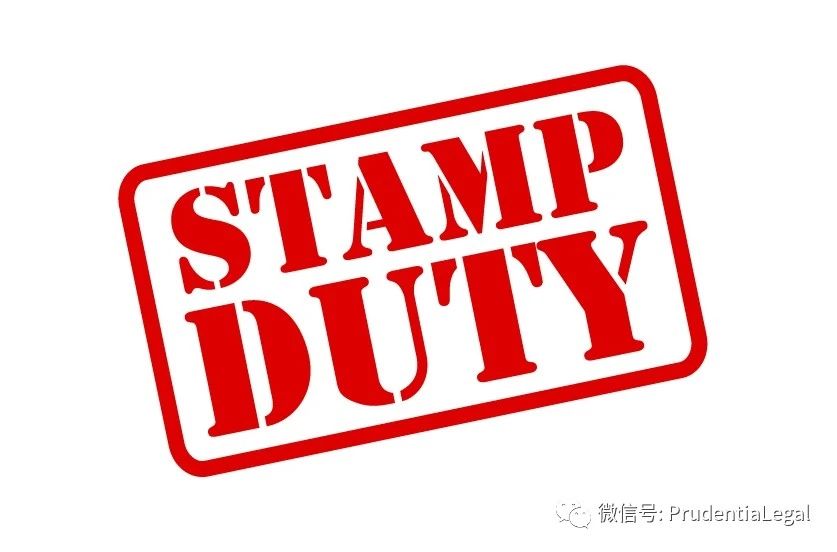 详情
详情Recent Changes to NSW Stamp Duty and Land Tax Policies
Stamp DutyThe New South Wales government has previously announced that they are introducing new legislation to increase the threshold amount for offering stamp duty exemption or reduction for first home buyers, such that purchasers of higher-priced properties may also benefit. This policy change has
-
 详情
详情House and Land Package – Some tips to share
House and Land Package – some tips to shareIntroductionIt’s noted the “house and land package” in the property market has maintained its popularity over the years. It’s difficult to find a brand new four-bedroom free-standing house within a 30 km radius from the Sydney CBD under $1 millio
-
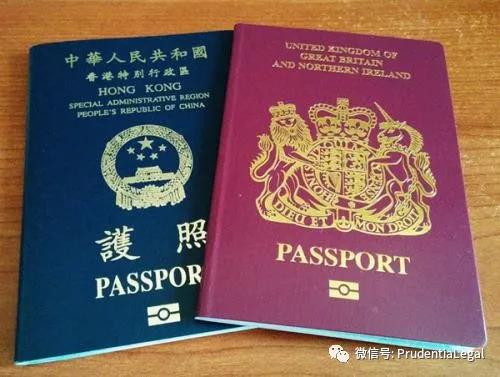 详情
详情New Australian Visa Policies Applicable to Hong Kong
The Prime Minister of Australia, the Honourable Scott Morrison MP, has announced yesterday that new visa policies and measures aimed to attract students and business talents from Hong Kong to Australia, and allow them to stay in Australia, will be offered to “Hong Kong passport holders”. It is not
-
 详情
详情Off-the-plan Stamp Duty Concessions in Victoria
The state of Victoria, specifically its capital Melbourne, has many high-rise and multi-occupancy residential developments completed and ongoing. Regeneration and redevelopment projects resulting in high-rise skyscrapers have dramatically changed Melbourne’s skyline in the past decade. Such multi-o
-
 详情
详情Intervention Orders In VIC
An individual (the applicant) (or police department but today we only talk about the individual application) may apply for an intervention order in the Magistrates Court of Victoria which places legal restrictions upon another individual (the respondent) and prohibits the respondent from engaging in
-
 详情
详情Preparation of Contract for the Sale and Purchase of Land in New South Wales
A contract for the sale and purchase of land (Contract) comprises three sections: The first being the substantive contract, usually the standard contract drafted by the Law Society of New South Wales and the Real Estate Institute of New South Wales, containing general conditions; the second being th